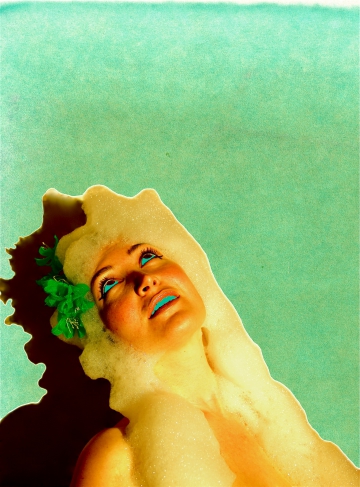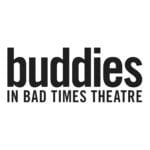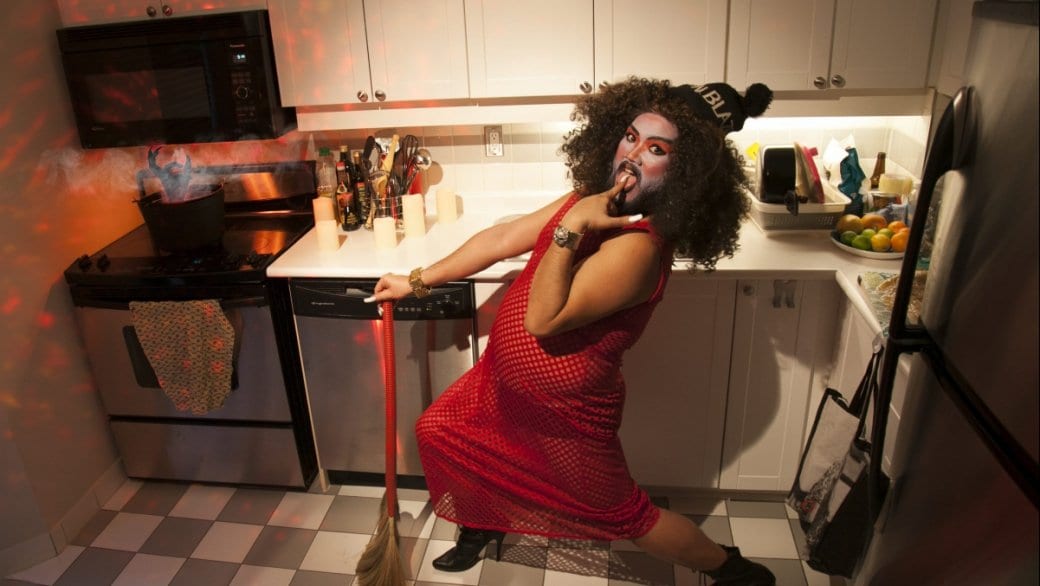This story was created by Xtra's branded content team alongside Buddies in Bad Times Theatre, separate from Xtra's editorial staff.
Now in its 38th year, Buddies in Bad Times Theatre’s Rhubarb Festival returns with an impressive roster of emerging and seasoned artists. Canada’s longest-running festival of new works is an opportunity to witness a diverse set of artists performing in a variety of different disciplines, including dance, theatre and performance art.
For decades, the experimental theatre festival has nurtured the visions of emerging artists by facilitating a space for their work and allowing their art to come to life. Scores of queer artists who have performed at the festival have gone on to have fruitful careers. A staggering 25 percent of all Governor General’s Award–winners for theatre recipients are alumni of Rhubarb.
Nicolas Billon is one such artist whose work was performed at Rhubarb in 2011 and 2013 for Godwin’s Law and Faroe Islands respectively. Fault Lines, his trilogy of plays, consists of Greenland, Iceland and Faroe Islands and won Billon the 2013 Governor General’s Award for drama.
The playwright, whose work has been produced in Toronto, Stratford, New York and Paris, says Rhubarb’s experimental atmosphere has challenged him as an artist.
Performing the pieces at Rhubarb gave the playwright the opportunity to experiment with each project and ultimately made Iceland a stronger piece. Billon credits the supportive and creatively unorthodox environment at Rhubarb for allowing his work to grow.
“Rhubarb was a proof-of-concept for Iceland. The feedback we got from Godwin’s Law changed how we approached the longer piece, and ultimately made Iceland a better play.”
“This is why I love Rhubarb, and why it’s an invaluable home for artists. It encourages unorthodox and experimental work, provides support for it, and brings in an audience that is active and engaged,” Billon says.
Leah Fay Goldstein is a Toronto-based artist and musician who co-founded the live art collective WIVES. The collective originally staged its piece, Sea Foam Blue, at Rhubarb in 2012. Since then, the work has been remounted at Sala Rosa in Montreal and at SummerWorks in Toronto.

Rhubarb Festival
Feb 15–26, 2017
Buddies in Bad Times Theatre, 12 Alexander St, Toronto
buddiesinbadtimes.com


 Why you can trust Xtra
Why you can trust Xtra